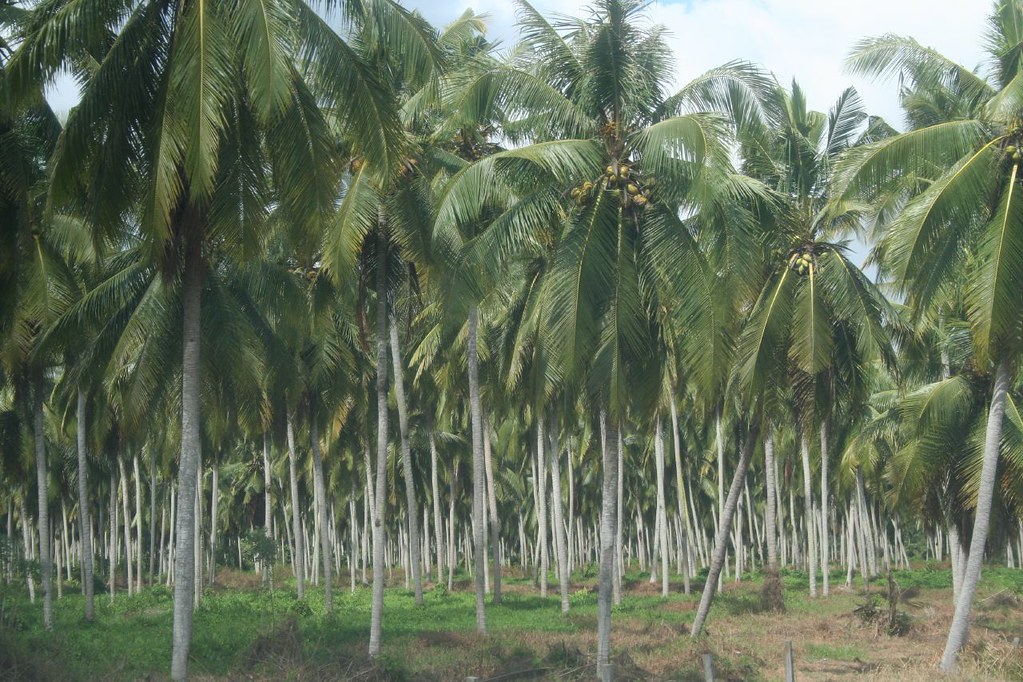
Sustainable Vegetable Oil Production is Essential
Sustainable Vegetable Oil Production is crucial for getting a balance in Health, Demand, and Environmental Impact
The demand for vegetable oil from oil crops has steadily risen, even as these crops cover up to 37% of the world’s agricultural land. Reports indicate that by 2050, vegetable oil production may need to increase by 14%, posing a significant threat to biodiversity if natural areas are cleared for cultivation.
A healthy adult diet must include 25-35% fats daily, as they provide essential fatty acids and fat-soluble vitamins. While vegetable oil production is crucial for maintaining healthy diets, it has substantial environmental and social impacts. Therefore, embracing sustainable practices is vital to mitigate the negative effects on biodiversity, which supports habitats, food sources, wildlife, and humans.
The expansion of tropical crops such as oil palm and soybean into forest and savannah ecosystems has raised concerns about biodiversity. Additionally, the conversion of natural grasslands and the expansion of oil crops into boreal ecosystems are further issues.
Oil crops, including soybeans, sunflowers, palms, and coconuts, occupy around 543 million hectares globally, constituting approximately 37% of the total agricultural land. If no more vegetable oil is redirected for non-food uses—which currently account for 28% of oil crop production—an increase of 14% in vegetable oil production will be necessary to feed the projected global population of 9.7 billion by 2050.
The production of vegetable oils, particularly in large monocultures, can have severe environmental impacts. For example, olive oil production has the highest water footprint at 14,500 cubic meters per ton, followed by linseed, groundnut, and sunflower oils. Cottonseed, soybean, rapeseed, coconut, and palm oil require between 3,800 and 5,000 cubic meters per ton.
Palm oil has the largest global production volume of any vegetable oil and the highest yield per area cultivated among all oil crops. In contrast, olive oil is the least efficient among major oil crops. However, palm oil production is often associated with high greenhouse gas emissions due to its link with tropical deforestation.

